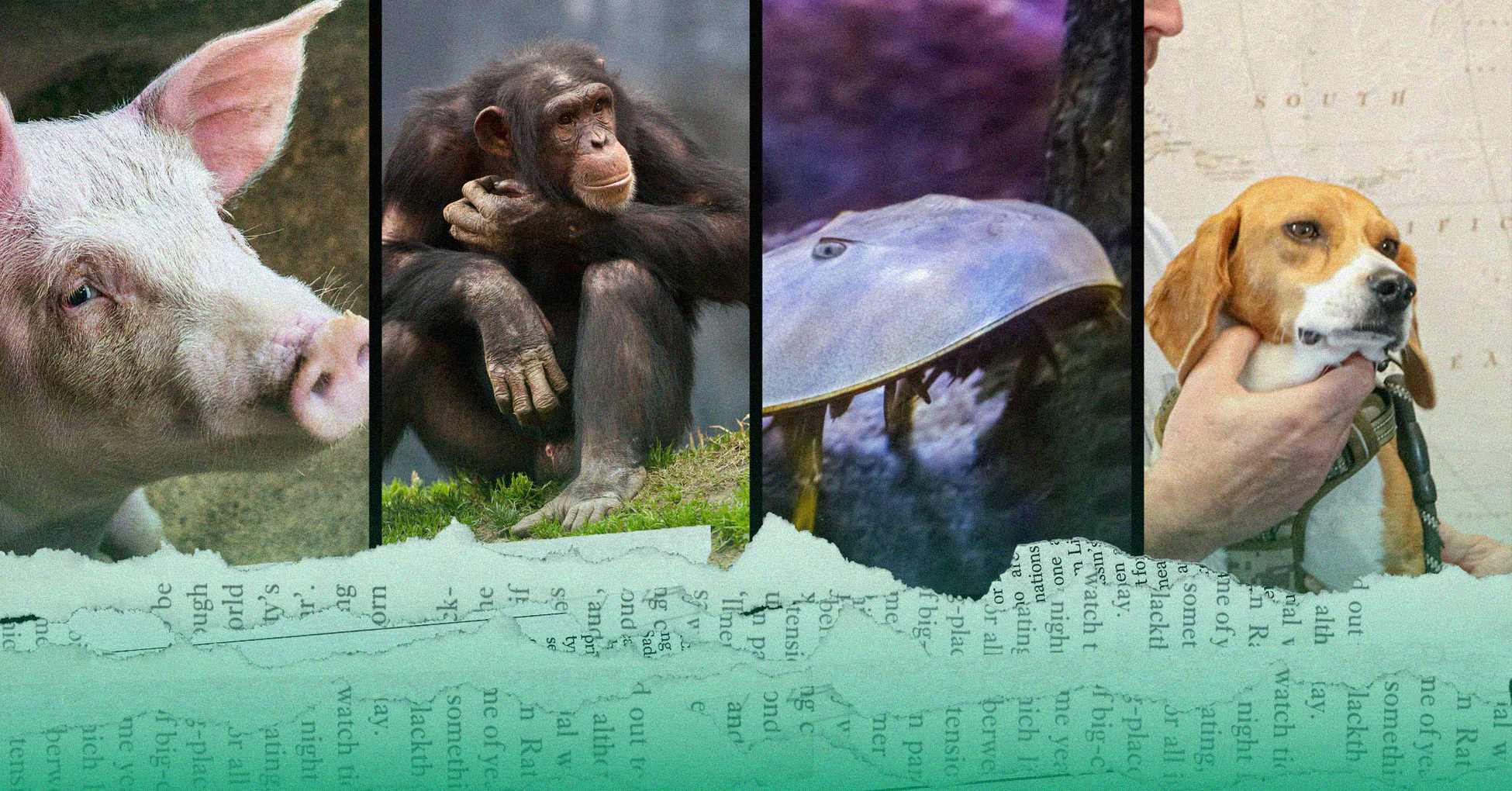
Here’s a roundup of this week’s biggest news stories related to animal research—all the recent media coverage you need to know right now to be the most effective activist for animals in labs.
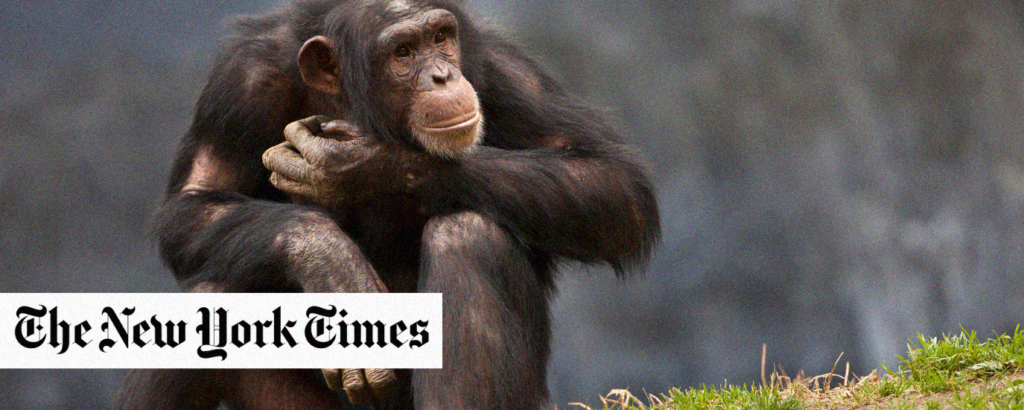
Fate of Retired Research Chimps Still in Limbo
Emily Anthes, 5/23/2024
“It has been more than two decades since chimpanzee research came to a halt at the Alamogordo Primate Facility in New Mexico. And yet, some two dozen chimps still live there, despite a federal law that requires such retired research chimps to be moved to sanctuary.”
“In 2022, a judge ruled that the National Institutes of Health, which owns the chimps, was violating the law by refusing to move the animals to a wooded sanctuary in Louisiana. Earlier this year, the agency dropped its appeal of the ruling. But the N.I.H. says it has no immediate plans to move the animals, citing concerns about the animals’ health — and a legal footnote that may exempt the agency from moving chimps that are ‘moribund,’ a term that typically means near death.”
“The N.I.H.’s refusal to transfer the chimps has drawn criticism from lawmakers, veterinarians and animal rights advocates.”
“Independent veterinary experts . . . also wondered how animals could be moribund for years.” 📰 Full Story →

Data Integrity Watchdogs Call for Stronger Safeguards in Scientific Journals
Angus Chen, 5/17/2024
“According to Elisabeth Bik, a scientific watchdog who has discovered thousands of errors in scientific papers, the problem of fraud, errors, or data mishandling in the scientific literature seems to be getting worse . . . But institutions and academic journals aren’t doing enough about it….”
“Addressing the problem of fraudulent or mishandled data will require the cooperation of the entire scientific community to design better safeguards and build a culture around data integrity, she said. That includes shifting away from evaluating the quality of a scientist’s work simply on the number of papers they publish, or on the impact factor of the journals in which they publish.”
“ . . . it’s very difficult to self-correct science, and people are quite resistant to these efforts,’….” 📰 Full Story →
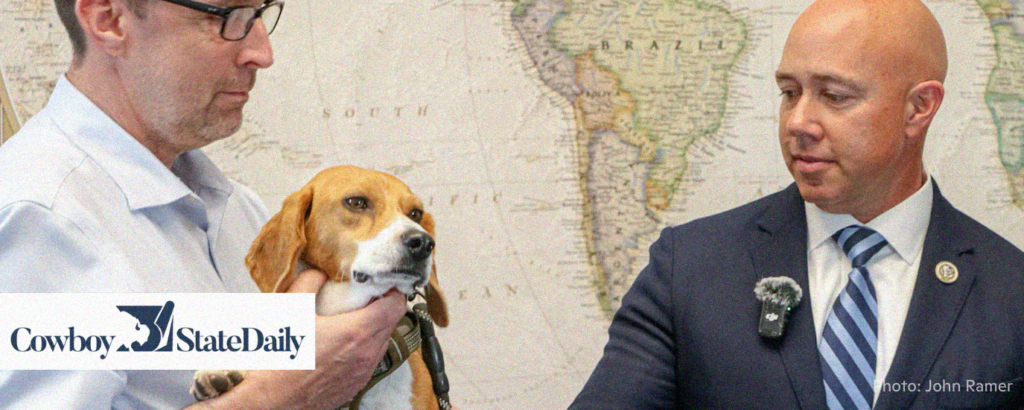
Wyoming Rescue Dog from the Kindness Ranch Unites Politicians on Capitol Hill
Jen Kocher, 5/18/2024
“If anything can bridge a drastically divided Washington, D.C., it might be Uno. The beagle from the Kindness Ranch . . . was on Capitol Hill earlier this month, enthusiastically meeting lawmakers on both sides of the aisle who rallied around the concept of the humane treatment of animals.”
“Uno was one of 4,000 beagles released from Virginia research animal breeding facility, Envigo” and “has become the poster dog for Kindness Ranch and its efforts to provide former medical and lab research animals with a happy retirement.” 📰 Full Story →

Why Do We Love Some Animals But Not Others?
Nathan J. Robinson, 5/20/2024
“I am constantly struck by the disjunction between the images of happy little animals in children’s picture books and cartoons and CGI films and the bleak reality of life for pigs and cows in the real world. It makes the children’s books feel kind of dark and disturbing to me . . . we’ve got to confront the sheer weirdness of the contrast between our celebration of animals in images and what we actually do to them.”
“The way we treat non-human creatures on this planet is often appalling . . . Every creature on the planet should be seen as special and worthy of life. Instead of loving some creatures, we’ve got to love them all. This means radically rethinking our treatment of animals….” 📰 Full Story →
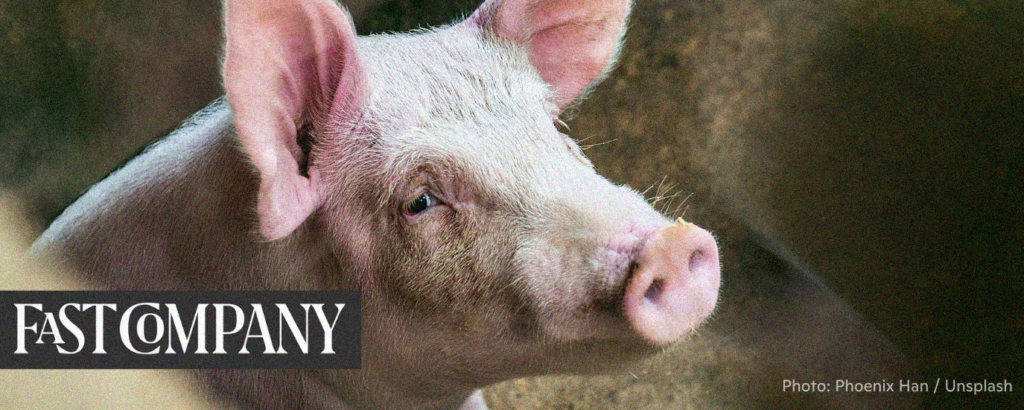
Pigs Aren’t the Future of Organ Transplants — Stop Acting Like They Could Be
Brian Kateman, 5/20/2024
“Earlier this week, it was reported that Rick Slayman, the first person to ever receive a transplanted pig kidney, sadly passed away less than two months after the procedure . . . his death is only the latest of multiple indications that cross-species organ transplants don’t work. The scientific community would do better to devote the time and resources to a different avenue–one that might actually be a long-term solution.”
“ . . . there’s scant evidence that xenotransplantation [‘[c]ross-species organ transfer’] can actually extend the life of a person experiencing organ failure. And as long as that’s the case, raising pigs for organ transplants is unnecessary cruelty, not to mention a waste of resources and a disservice to patients.”
“ . . . the medical establishment isn’t doing any of us a favor by continuing to waste time and money on animal testing that may or may not have any practical applications for human health.”
“ . . . there are fascinating and promising technological developments happening in organ-transplant medicine right now, and they have nothing to do with animals.” 📰 Full Story →

These Animals Are Drained of Blood in Order to Save Human Lives
Marte Daehlen, 5/22/2024
“Horseshoe crabs are tied up and mounted in a row. Each of them is attached to a cannula through which the[ir] blood flows and is collected in glass bottles. The bottles are slowly filled with light blue blood. Around them, people in white coats with masks and gloves are moving. They are after the horseshow [sic] crabs’ very special, blue blood.”
“Horseshoe crabs are now on the international red list of endangered species.”
“‘ . . . this is big business. A litre of ready-to-go horseshoe crab blood is worth about NOK 150,000,’ . . . That is close to 14,000 USD.” 📰 Full Story →
🔎 Read our insights on this animal-bleeding industry.
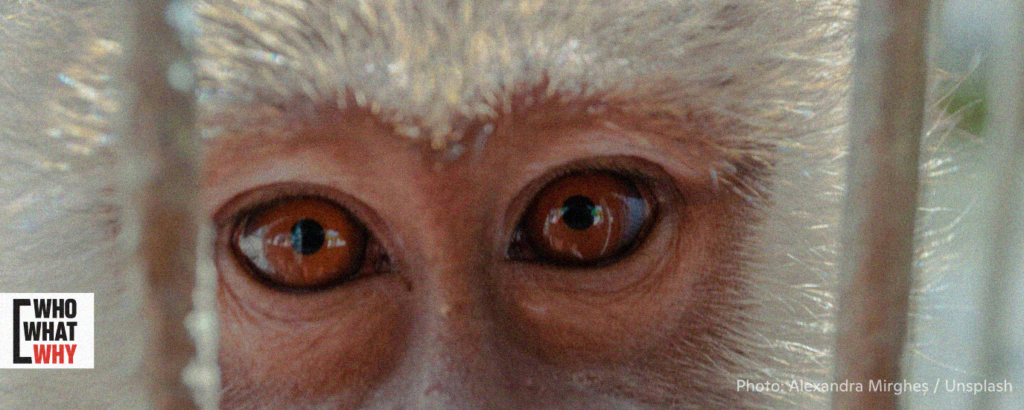
Animal Testing; What Was it Ever Good For?
Valerie Demicheva, 5/23/2024
“With all this data, why is animal testing still so popular? Animal welfare researcher Eric Kleiman suggests the answer can be found by following the money.”
“‘These for-profits, like Charles River Labs, Inotiv, and Labcorp, aren’t going to meekly go away if they can make significant revenue using live animals in experimentation,’ said Kleiman. ‘You have to address the financial incentives if non-animal alternatives are going to succeed in this profit driven system.’”
“‘In the majority of these studies, there’s no justification for using these animals,’ . . . Most of them will be used and killed without any benefit to humankind at the end of it.’” 📰 Full Story →
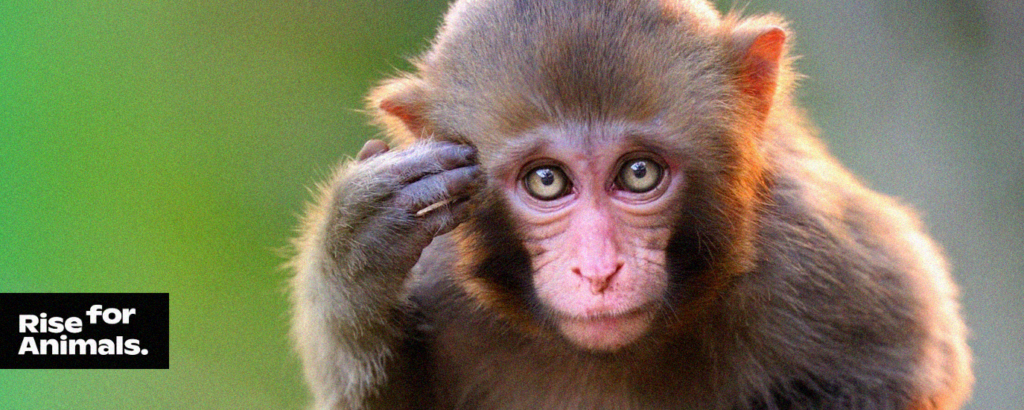
Save the Date: National Animal Rights Day
Rise for Animals, 5/24/2024
June 2, 2024 is National Animal Rights Day — it’s like “Memorial Day” and “Independence Day” for the animals combined. Don’t miss this impactful opportunity to connect, build community, get inspired, and (peacefully) fight for animal rights. See and join events online or near you: 🗓️ See Events →